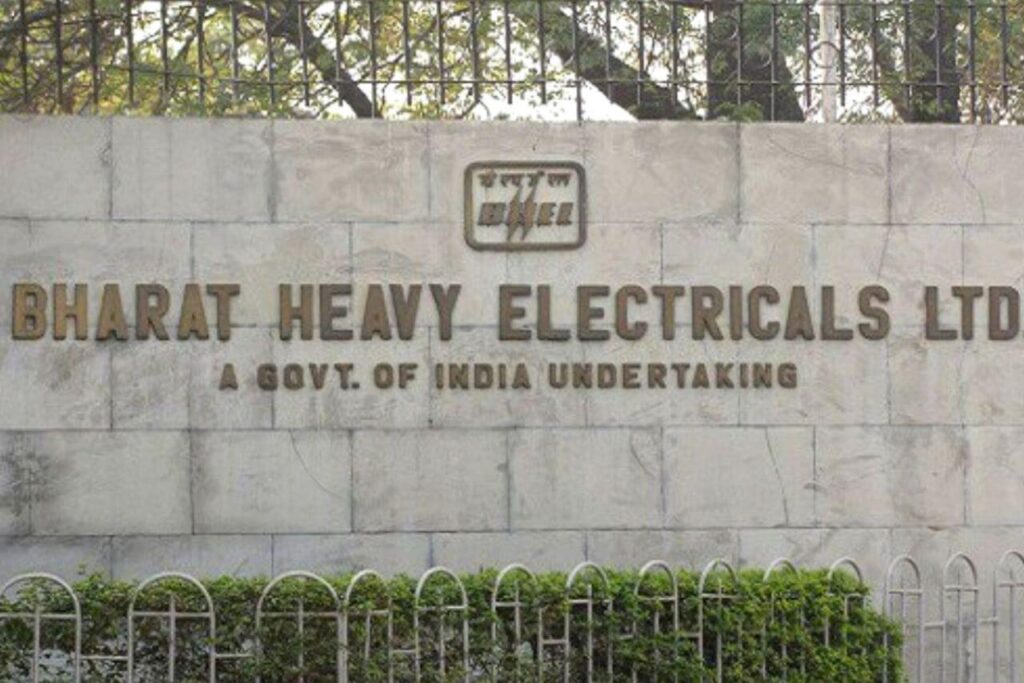Bharat Heavy Electricals Limited (BHEL) has received a Letter of Intent (LoI) from Rajasthan Part I Power Transmission Ltd to develop a high-voltage direct current (HVDC) transmission link. This project will help transport renewable energy from Bhadla III (Rajasthan) and Fatehpur (Uttar Pradesh) and is a key step in India’s push for clean energy integration.
Massive HVDC Infrastructure for Renewable Energy
The project, awarded to BHEL in collaboration with Hitachi Energy India Ltd, involves setting up two HVDC Line-Commutated Converter (LCC) terminal stations, each with a 6,000 MW capacity, at Bhadla and Fatehpur. Additionally, an 800 kV HVDC LCC terminal station (4X1,500 MW) will be established for efficient energy transmission. The infrastructure will be crucial in evacuating power generated in Rajasthan’s Renewable Energy Zone (REZ) and integrating it into the national grid. Rajasthan Part I Power Transmission Ltd, a special purpose vehicle (SPV) of Adani Energy Solutions Ltd, is overseeing the project, which is set for completion by 2030.
BHEL Reports Strong Financial Growth
In addition to securing this major project, BHEL reported a sharp rise in its financial performance. The consolidated net profit of the company more than doubled at ₹135 crore in the quarter ended December of the current financial year, from ₹60.31 crore in the corresponding period last year.
BHEL’s revenue jumped 32.2% to ₹7,277 crore this year, up from ₹5,504 crore in Q3 of last year. The company also witnessed a 40.5% rise in its EBITDA to ₹304 crore from ₹216 crore.
Expansion in the Thermal Power Sector
The State-owned BHEL is also further expanding its base in conventional power generation, apart from renewable energy projects. In an exchange filing, BHEL said: “Bharat Heavy Electricals Limited (BHEL) has received a Letter of Intent (LOI) from Damodar Valley Corporation (DVC) for setting up the 2×800 MW Koderma Phase-II Thermal Power Station at Koderma district, Jharkhand on EPC basis.”
With its growing involvement in both renewable and conventional power projects, BHEL remains a key player in India’s evolving energy landscape.

